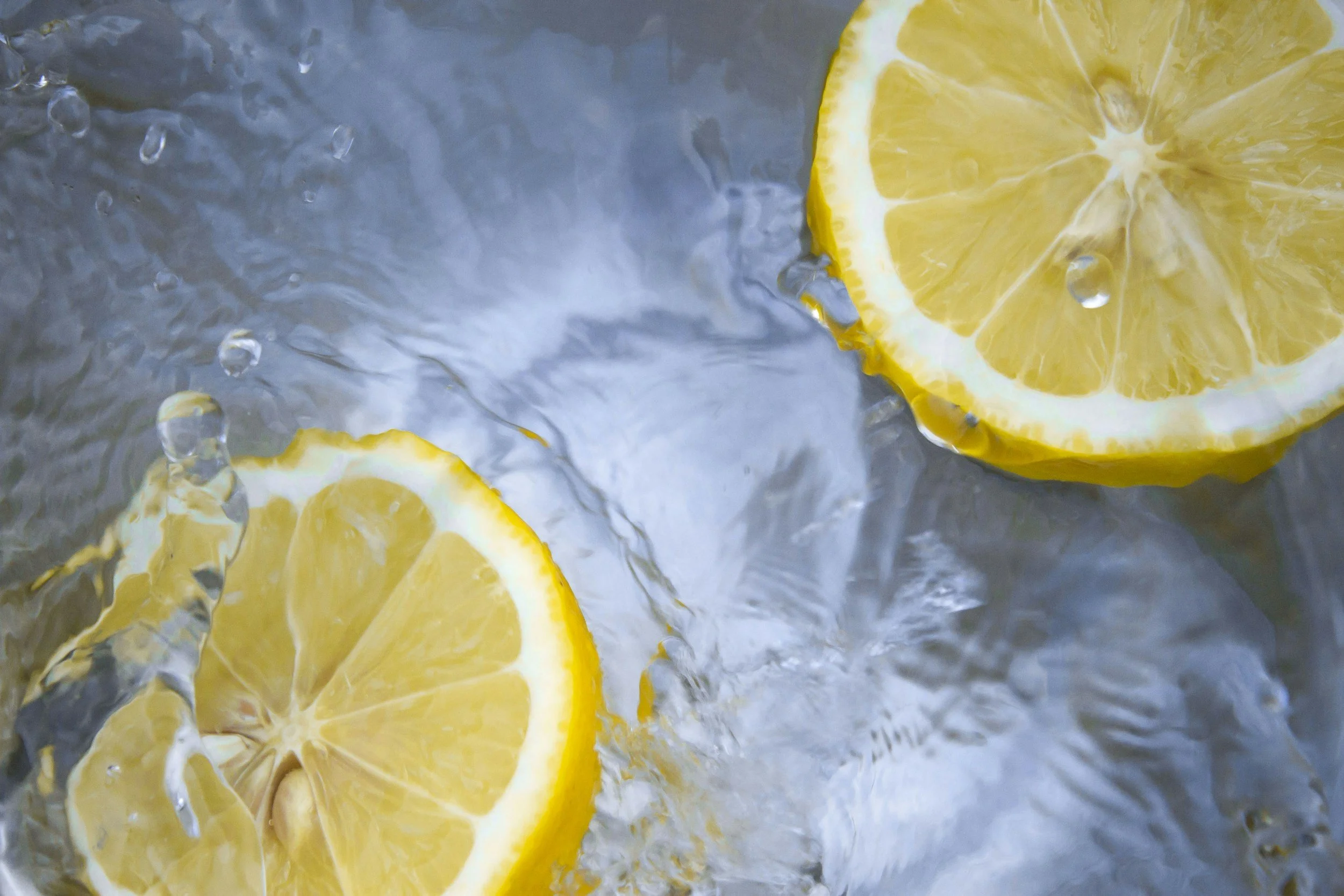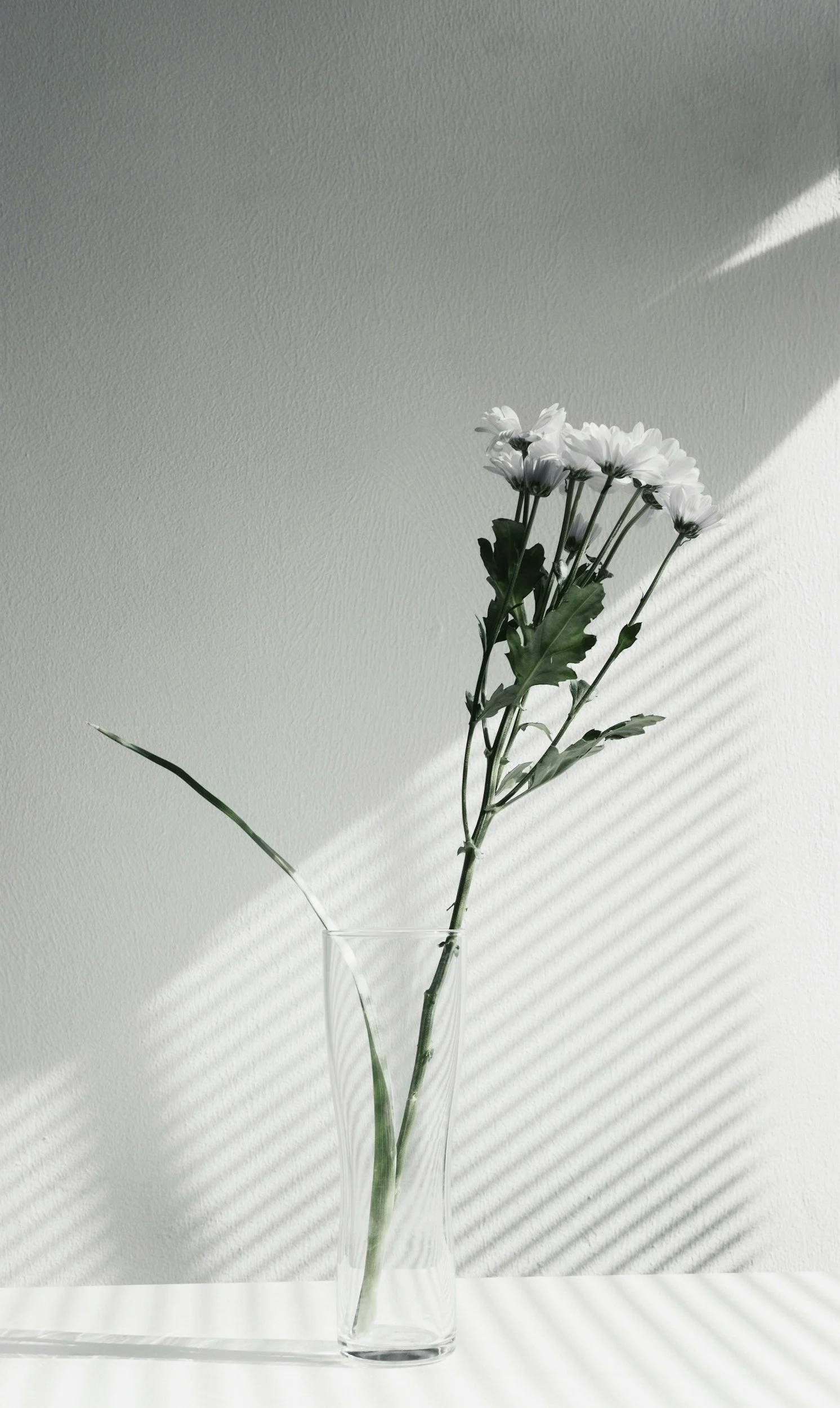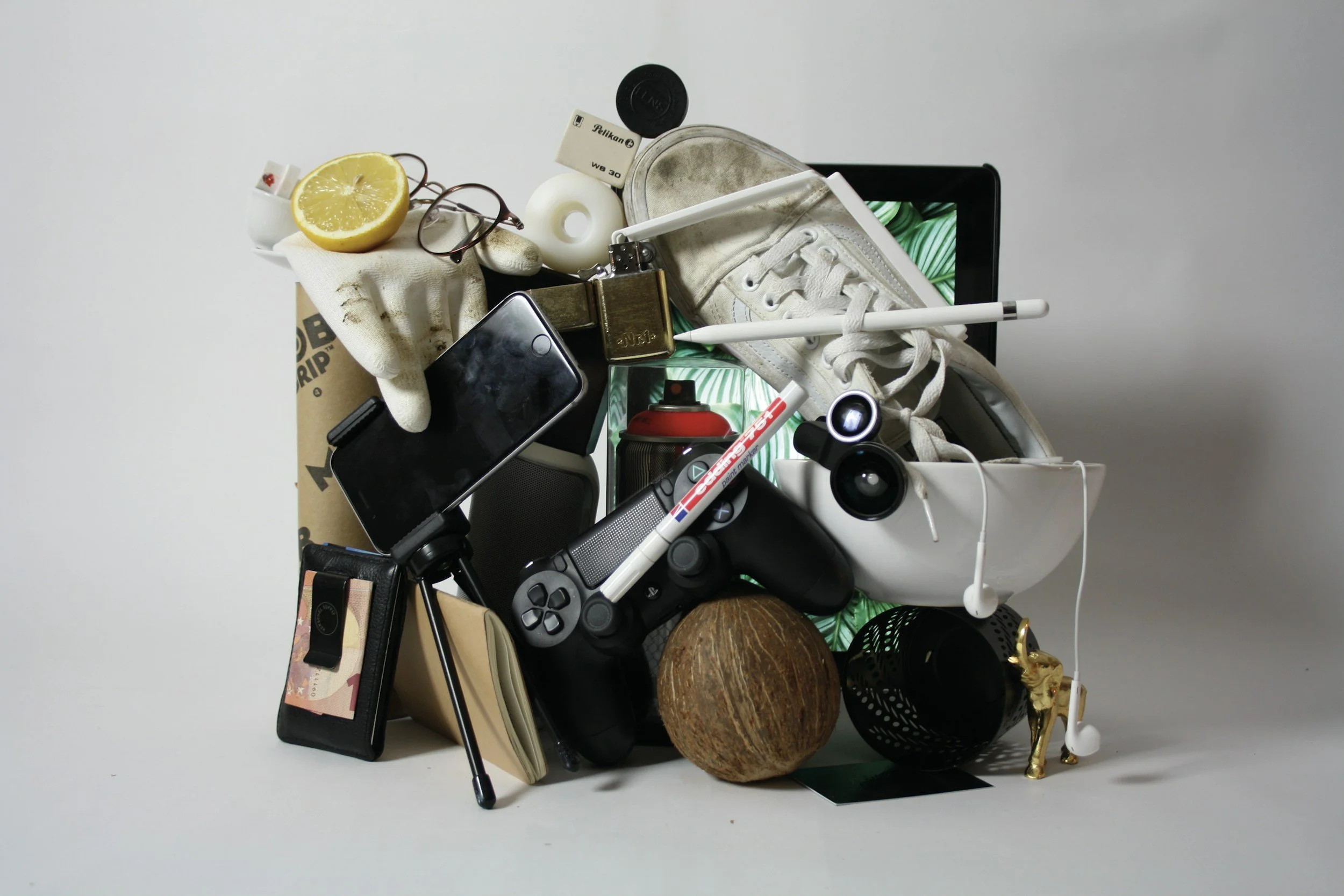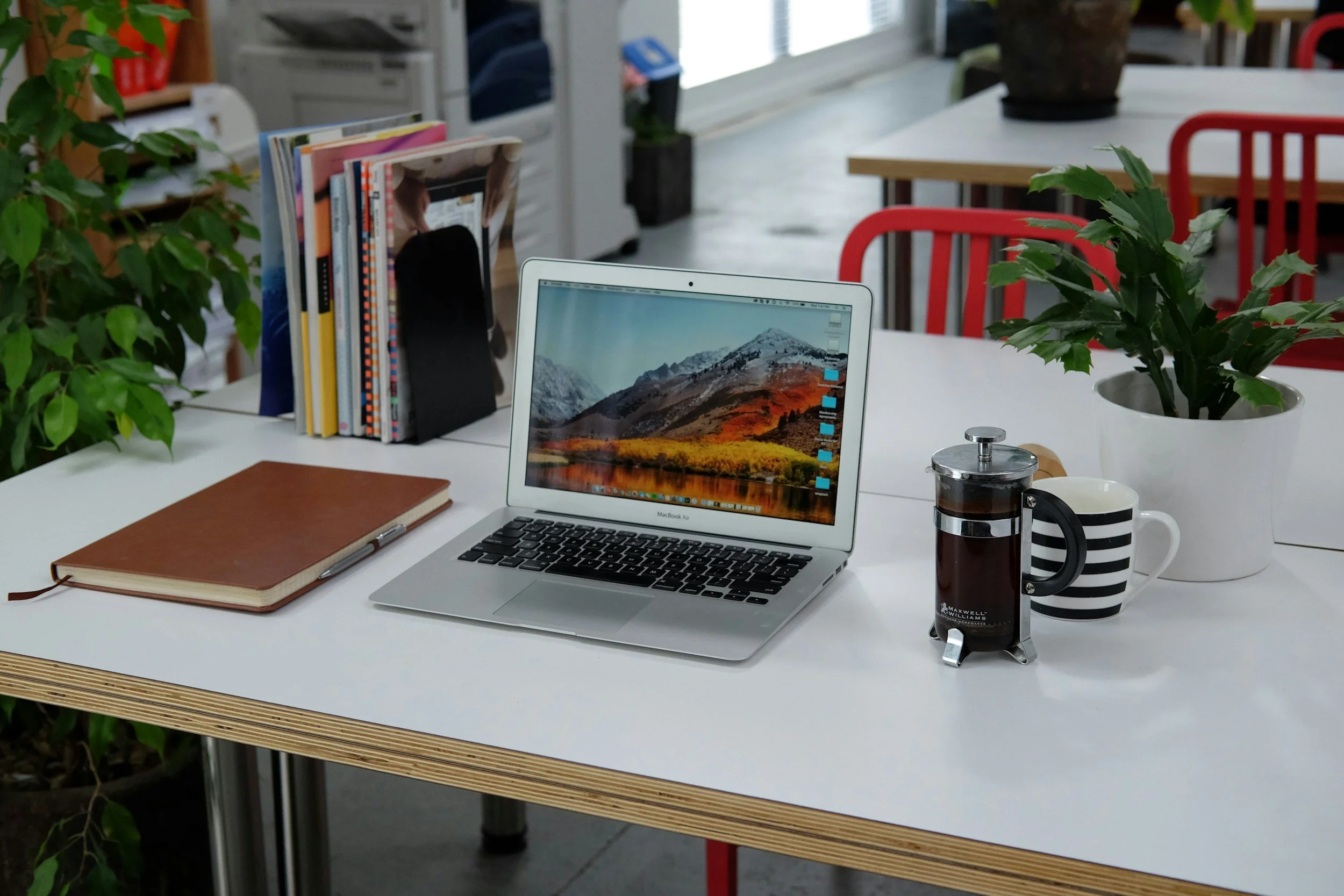When Life Hands You Lemons (and a rare disease)
You know that old saying, “When life gives you lemons, make lemonade?” Cute. But when life gives you a rare, chronic illness, you mostly just make it to the couch, stare at the lemons, and wonder if you’ve got the energy to toss them in the compost bin.
Welcome to my life.
I live with a muscle-wasting disease that affects how I move, what I can lift, how far I can walk, and sometimes whether I can even get up out of a chair. It’s the kind of thing that sneaks into every part of your day and quietly reshapes your life. One unexpected side effect? It turned me into something I never thought I’d be: a minimalist.
Not the kind you see on Instagram, with white walls and fancy storage cubes and people bragging about owning just one fork. No, this kind of minimalism happened out of necessity, not design. Turns out, when everything you do takes more effort, you start taking a hard look at what’s truly worth keeping around.
The “Toss or Keep” Games
This wasn’t some big plan I had. It all started during a particularly rough flare-up when I couldn’t make it past the hallway. I sat in my recliner looking at a basket of random stuff I meant to sort “someday,” and I realized—someday had better be soon, or that basket might outlive me.
So began what I now call my personal version of the Olympics: The Toss or Keep Games: no medals, but plenty of deep sighs and hard decisions.
Step one: Pick up an item. (That’s the warm-up. Rest afterward if needed.)
Step two: Ask, “Have I used this in the past year?” If the answer is no, it goes in the toss pile, unless it’s something you’ve bought for a future reality, like accessibility items.
Step three: “If I dropped this while dizzy or trying to keep my balance, would I risk injury to pick it back up?” If the answer is yes, maybe it doesn’t belong in my life.
Final step: Ask, “Am I only keeping this because it came from someone who meant well, or does it remind me of who I used to be?” If so, it might be time to let it go.
That part's not always easy. But neither is falling over a stack of junk you don’t need.
Less Stuff, Less Stress
People think minimalism is all about a particular look. For me, it’s about making my house work better for how I live now. If it’s in the way, if it needs to be dusted or picked up or stepped over—it’s probably not helping me. And with limited energy, I have to be careful of where that energy goes.
I’ve gotten better at letting go. Like that bundle of ancient charger cords I finally tossed last month—cords for devices I haven’t owned since Bush was president (not saying which one). That felt good. Almost as good as a fresh cup of coffee on a good leg day.
The less I have to manage, the easier it is to breathe. Literally and emotionally. A calmer space makes even the hardest days just a bit less challenging.
Emotional Clutter is Still Clutter
This part surprised me. Some things were easy to discard, but others clung to me, like the work blouse and jacket I used to wear before this disease altered my career path. Or the old desk chair that once meant “I’m getting things done.”
I cried a little when I let those go. But I also felt lighter. It was like making room not just in my home, but in my heart. I’m learning that keeping things just because they remind me of “before” doesn’t serve the person I am now.
And believe me, I’ve got enough emotional baggage without adding a broken lamp from 2011.
Minimalism for the Spoonie Life
If you live with a chronic illness, you don’t need extra obstacles. You need a space that gives you grace, not more work. Letting go of stuff you don’t use—or can’t manage anymore—doesn’t mean giving up. It means making room for what matters now.
And if someone walks into your home and says, “Wow, you don’t have much stuff,” smile and say, “Thanks. It’s called survival-mode chic. Very on trend with my energy levels.”
“All we have to decide is what to do with the time that is given us.”
We have a bookshop store HERE where you can find books Linda has read, or that look helpful for folks dealing with chronic diseases of various kinds.
This blog post is based on personal experiences and is not meant to provide medical advice.
Always consult your healthcare professional for personalized guidance on your health journey.




